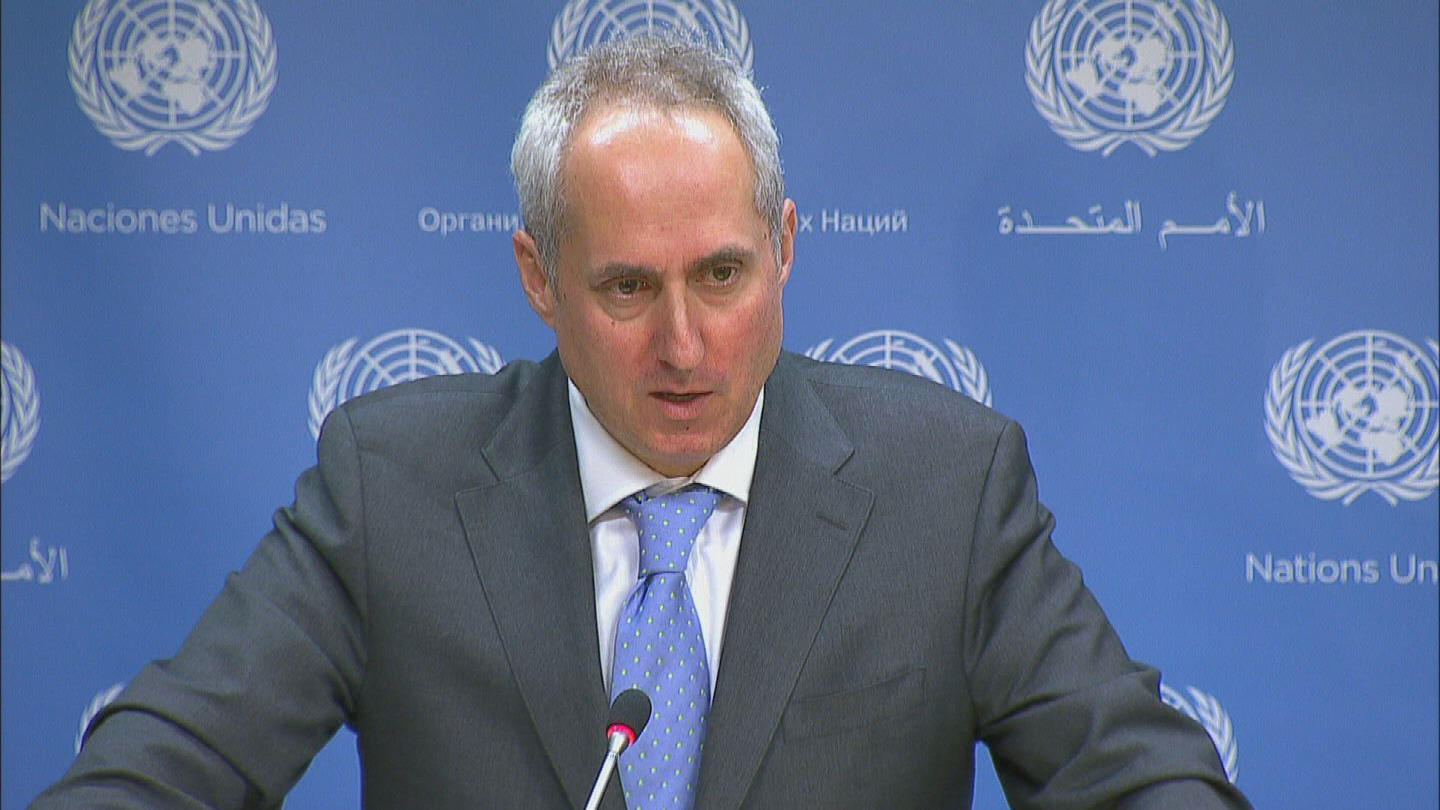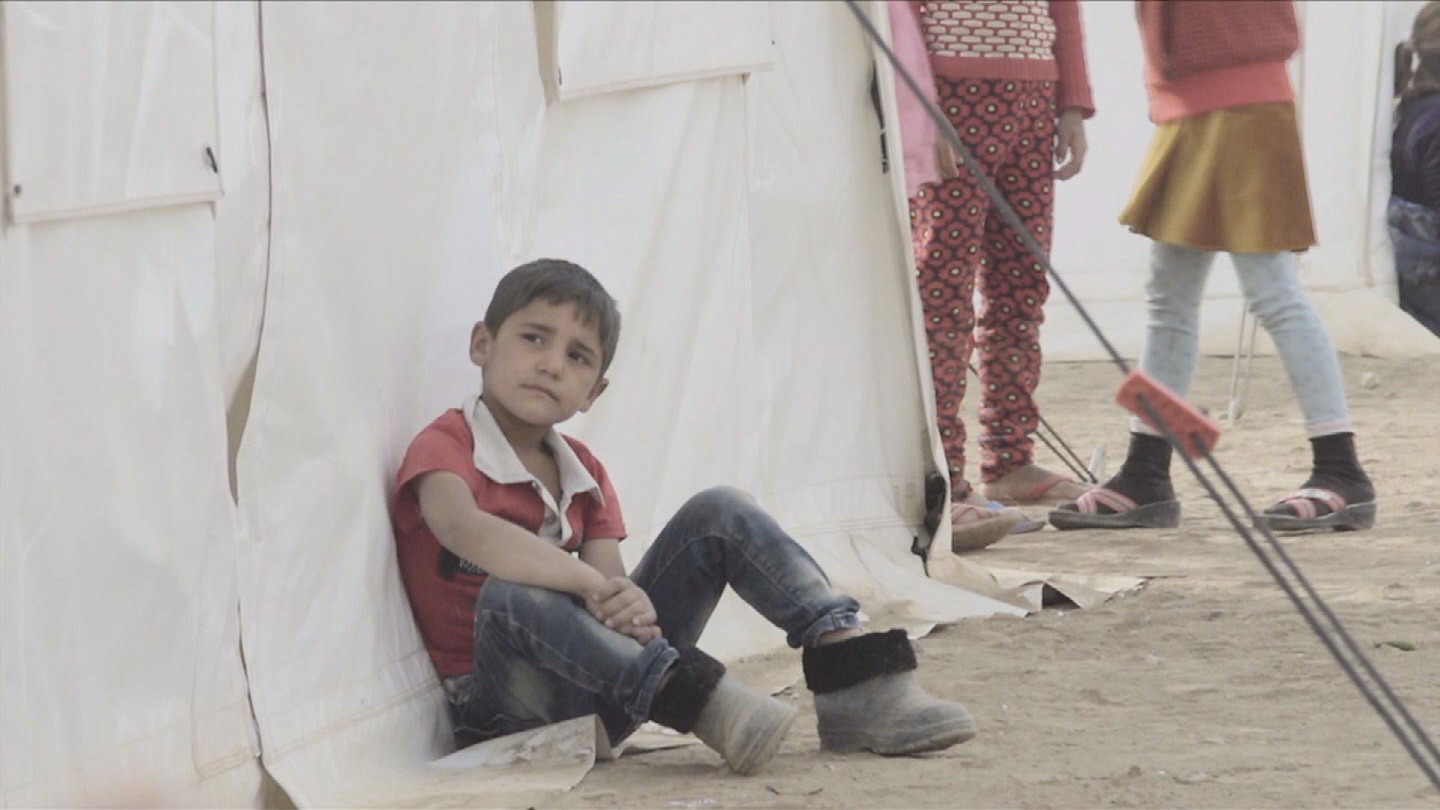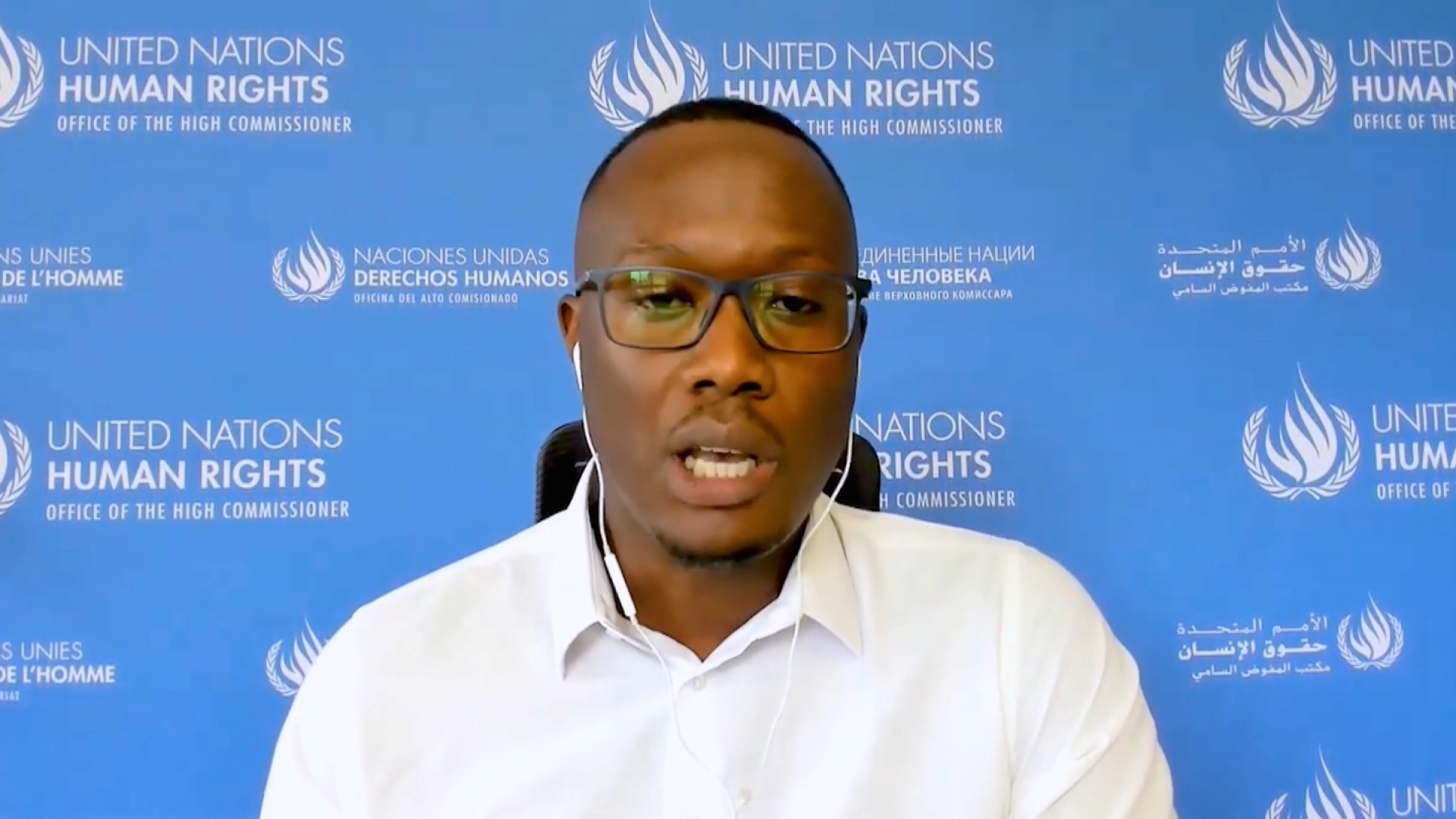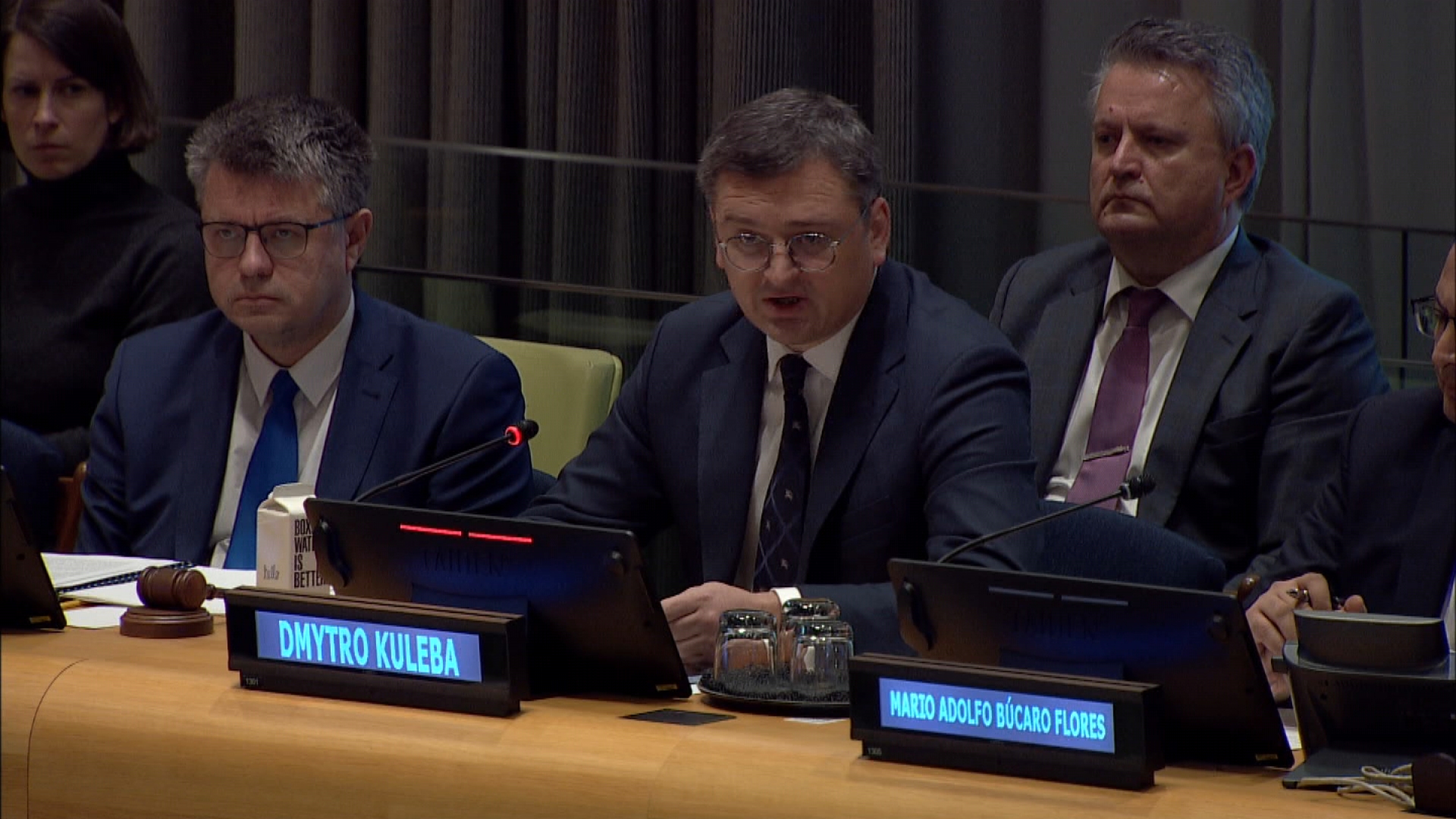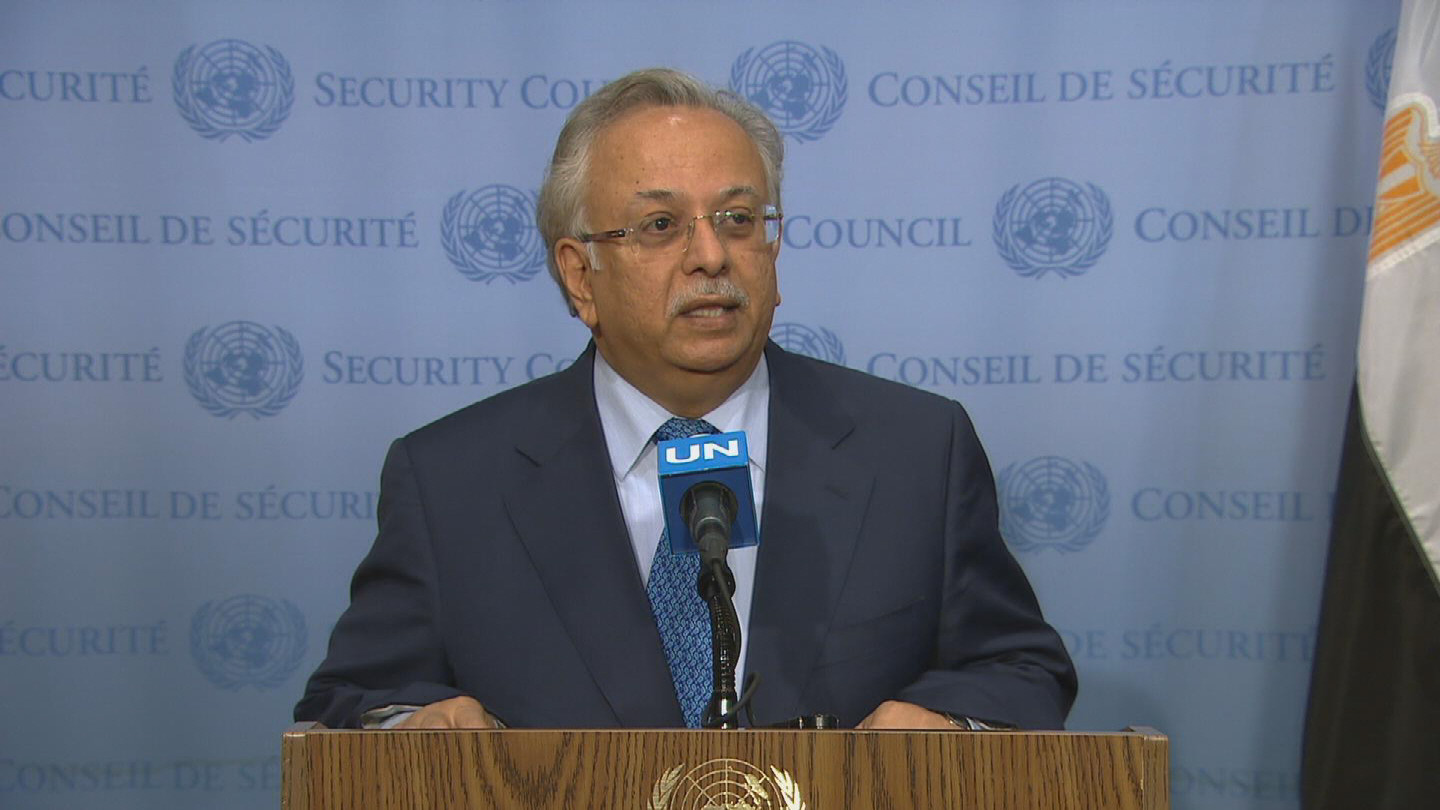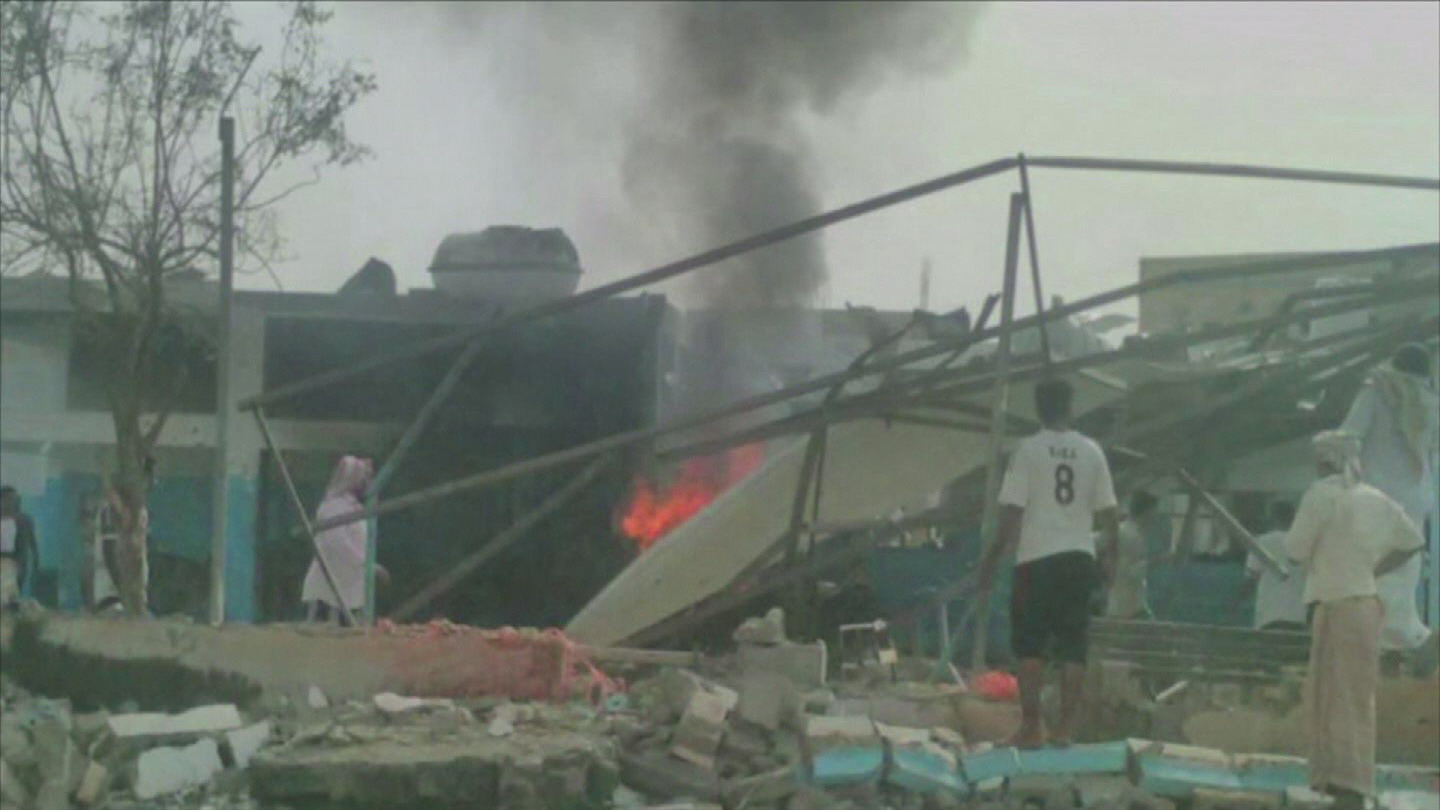Security Council
7466th Security Council Meeting on Children and Armed Conflict - Part 2
7466th Meeting (PM)
Decrying a marked increase in grave violations committed against children in conflict zones, the Security Council today added abduction to the list of such crimes to be closely monitored, during an open debate on the issue that heard from some 80 speakers.
The Council requested the Secretary-General, in his annual report on the issue, to list parties “that engage in patterns of abduction of children in situations of armed conflict” along with those who recruit, kill, maim and sexually abuse children and target schools and hospitals, through the unanimous adoption of resolution 2225 (2015) in a meeting chaired by the Foreign Minister of Malaysia, which holds the June presidency, and opened by Secretary-General Ban Ki-moon.
This year’s report (document S/2015/409) called 2014 among the worst in children’s vulnerability to violence and listed 58 groups responsible for violations in 23 conflict situations. No new parties were listed, but additional violations were attributed to the anti-Balaka in the Central African Republic, the Allied Democratic Forces in the Democratic Republic of the Congo, the Islamic State of Iraq and the Levant (ISIL) and Boko Haram in Nigeria.
According to the concept note provided by the Malaysian presidency (S/2015/402), despite normative progress and the release of some children by armed groups, 2014 was seen as the worst year for children affected by armed conflict, looking at the conflicts mentioned above as well as those in in South Sudan and Gaza. Mass abduction of children, particularly by Boko Haram and ISIL, was frequently a prelude to sexual slavery and other crimes and a cause of displacement, it said.
In today’s resolution, the Council urged the immediate, safe and unconditional release of all abducted children and called upon those parties listed in the Secretary-General’s report to adopt without delay concrete time-bound action plans to halt all violations. In regard to children formerly associated with armed groups, it encouraged Member States to consider alternatives to prosecution and detention, with a focus on rehabilitation and integration.
The resolution urged an end to impunity for crimes against children in armed conflict, and stresses the importance of child protection provisions in peace negotiations, peace agreements, mandates of United Nations missions, where appropriate, and other related areas. It encouraged Member States to take concrete measures to deter use of by armed forces and armed groups, rendering them targets of attack.
Through the text, the Council invited the Working Group on the issue to make full use of tools at its disposal to protect children, including increased engagement with concerned Member States.
“Around the world, many thousands of children have experienced acts that no child should suffer,” Mr. Ban said in his opening statement. Abduction was evolving into a tactic used by a range of non-State armed groups to terrorize particular ethnic or religious groups. He noted progress, however, in protecting children from recruitment into armed groups through the “Children, Not Soldiers” campaign and other efforts to change attitudes.
Mr. Ban warned against politicization of the issue of protecting children, which he called “a moral imperative and legal obligation”. His annual report was an important tool to put under scrutiny those who engage in military action that resulted in numerous grave violations. “Let us keep the rights of children at the centre of our efforts to build a future of dignity for all,” he said.
Briefing the Council this morning, Special Representative for Children and Armed Conflict Leila Zerrougui said that the sharp increases in the number of children killed, injured and abused in conflict in 2014 should not just shock the international community; it should galvanize collective global action. The response to abductions should be scaled up with its increase and include early warning mechanisms.
Also briefing, Yoka Brandt, Deputy Executive Director of the United Nations Children’s Fund (UNICEF), likewise urged concerted action to protect children from the range of crimes that threatened them, and Eunice Apio, Director of Facilitation for Peace and Development, relating her experiences in Northern Uganda, called for a greater focus on reintegration of abducted children that had been released as well as psychological help for families and communities to which they return.
Following those presentations, speakers welcomed the adoption of today’s resolution and seconded the deep concern over the growing suffering of children in situations of armed conflict, urging stepped-up collective action to protect them as well as to provide rehabilitative services to those who had suffered. Ending impunity for crimes against children, applying sanctions against perpetrators and engaging non-State actors to end violations were discussed.
Most speakers also concurred with the inclusion of abduction as a trigger for listing in the Secretary-General’s report. Recounting the abduction of hundreds of schoolgirls over one year ago by Boko Haram, Nigeria’s representative welcomed the international attention the crime of abduction was now receiving.
Some speakers, including the Observer for the State of Palestine and the representative of Algeria, on behalf of the Arab Group, expressed severe disappointment that the Secretary-General’s report did not list Israeli armed forces as violators of children’s rights given the hundreds of children killed and injured in Gaza during last year’s conflict as well as damage to schools.
Israel’s representative said his country had tried to end the fighting and warn civilians away from the missile launching sites and other facilities it attacked, which Hamas had placed in populated areas. He regretted what he called politicization of the report that led to more attention to Gaza than Syria, scarce mention of Hamas and dismissal of the factor of intention.
Also speaking today at the ministerial or diplomatic level were the representatives of Malaysia, Spain, France, Chile, New Zealand, China, United Kingdom, Russian Federation, Chad, Jordan, Lithuania, Venezuela, United States, Angola, Italy, Guatemala, Ukraine, Brazil, Colombia, India, Sweden, Iran, Liechtenstein, Japan, Mexico, Luxembourg, Netherlands, Thailand, Syria, Poland, Estonia, Belgium, Germany, Morocco, Canada, Austria, Slovenia, Republic of Korea, Switzerland, Argentina, Greece, Croatia, Viet Nam, Iraq, Indonesia, Uruguay, Panama, Slovakia, Kazakhstan, Philippines, Qatar, Sudan, Georgia, Pakistan, Kuwait (on behalf of the Organization of Islamic Cooperation), Cambodia, Turkey, Egypt, Zimbabwe (on behalf of the Southern African Development Community), Montenegro, Myanmar, Botswana, Azerbaijan, Kenya, Portugal and Australia, as well as the Holy See, European Union and the League of Arab States.
The meeting opened at 10:05 a.m. and adjourned at 7:35 p.m.
